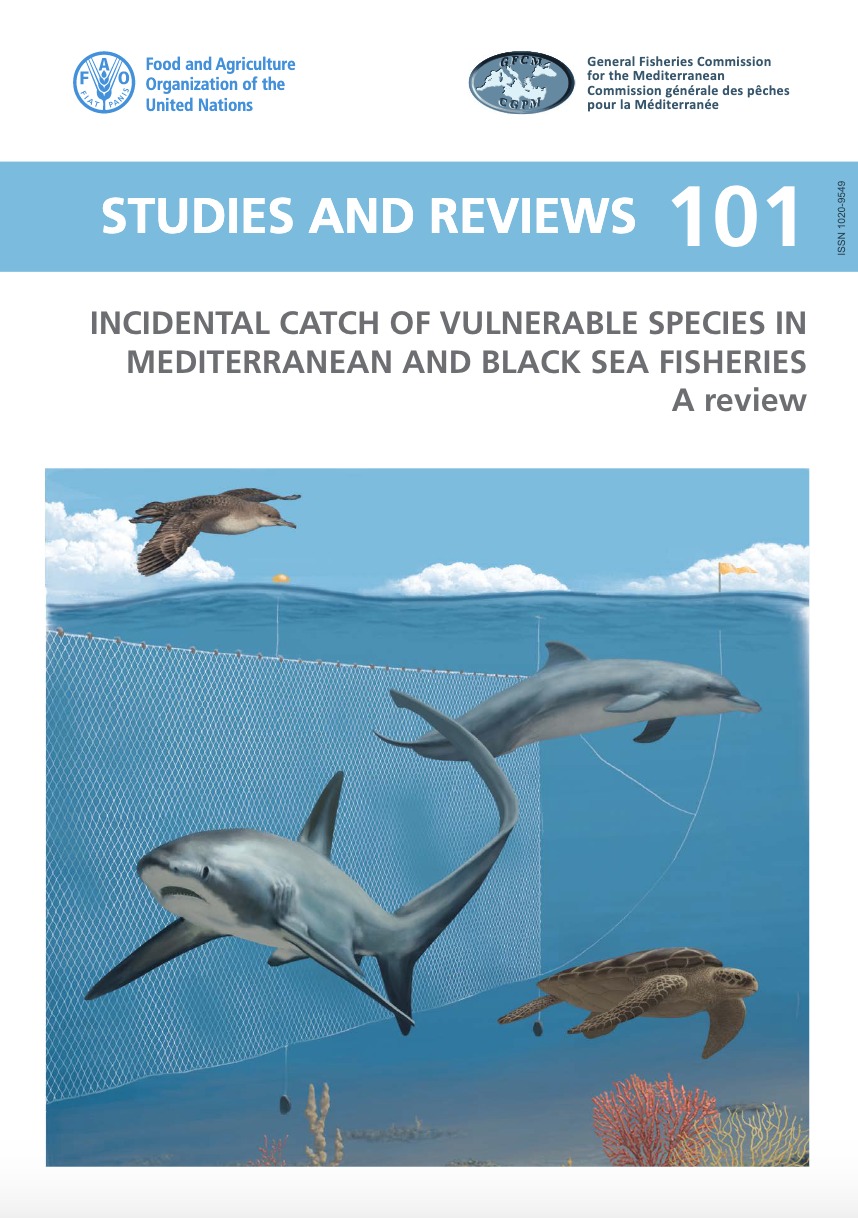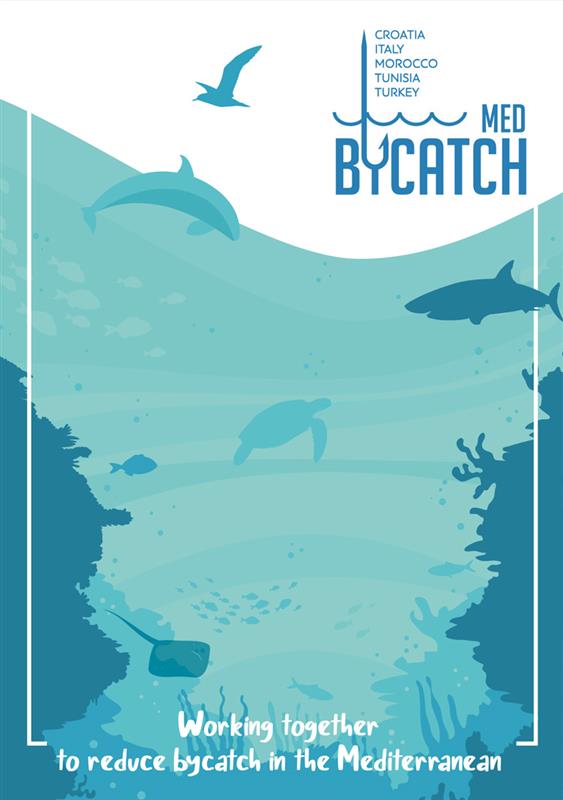From science to solutions
Advancing bycatch mitigation in the Mediterranean
9 June 2025, 16.30–18.15
UNOC 2025, Green Zone, La Baleine, The Ocean that feeds us Pavilion
The side event will showcase how scientific cooperation and regional collaboration have enhanced the understanding of bycatch affecting vulnerable species in Mediterranean fisheries and supported its mitigation
Working together to reduce bycatch in the Mediterranean: the MedBycatch project
The outcomes of the MedBycatch project (2017–2022), funded by the MAVA Foundation, will be presented and discussed, highlighting how it created momentum for knowledge sharing and cooperation on bycatch issues in the region and paved the way for the adoption of the Regional plan of action to monitor and mitigate interactions between fisheries and vulnerable species in the Mediterranean and the Black Sea (RPOA-VUL).
The MedBycatch project gathered critical data on the bycatch of vulnerable species – including sea turtles, seabirds, marine mammals, cartilaginous fishes and macrobenthic species – in Mediterranean fisheries and enabled developing and testing of multitaxa, science-based mitigation measures.

Main objectives
- Share best practices and results from the MedBycatch project, highlighting the crucial role of science and fishers' involvement and how it contributed to regional policymaking.
- Present regional efforts, including new initiatives, data collection, testing of mitigation measures and the RPOA-VUL.
- Showcase the development of a standardized data collection programme and the implementation of science-based mitigation measures.
- Spotlight the impact of communication and awareness-raising on bycatch.
Long-term goals
Promote science-based solutions for sustainable fisheries management in the Mediterranean sea
Strengthen regional cooperation towards aligning fisheries and conservation strategies
In collaboration with

.svg.png)




Programme
Facilitators
Margherita Sessa, Programme and Liaison Officer, GFCM
Anis Zarrouk, Fisheries Officer (Environment), GFCM
- Welcome and introduction
- Presentations
The Medbycatch project: a collaborative approach to understand and mitigate multi-taxa bycatch in the MediterraneanDocumentary screening "Salt in the eyes" (12 mn)Yaprak Arda, Programme Officer, International Union for Conservation of Nature, Centre for Mediterranean Cooperation
Ensuring sustainability of results: regional efforts to reduce bycatchImplementing the Regional Plan of Action for Vulnerable Species in the Adriatic: the need for transboundary collaborationAnis Zarrouk, Fisheries Officer (Environment), GFCM
From regional scientific cooperation to national action: bycatch mitigation in TürkiyeSimone Niedermüller, Regional Fisheries Policy and Marine Species Lead, WWF Mediterranean Marine Initiative
Gökhan Gökce, Professor, Department of Fish Capture and Processing Technology, Çukurova University, Türkiye
- Roundtable discussion
The role of science, cooperation and policy in shaping effective bycatch solutionsFatima Zahra Hassouni, Head, Sustainability and Resource Management Division, Maritime Fisheries Directorate, Ministry of Agriculture, Maritime Fisheries, Rural Development and Water and Forests, Morocco
Ali Cheikh Sboui, Director General, Directorate General of Fisheries and Aquaculture, Ministry of Agriculture, Water Resources and Fisheries, Tunisia
Gökhan Gökce, Professor, Department of Fish Capture and Processing Technology, Çukurova University, Türkiye
Maÿlis Salivas, Executive Secretary, Agreement on the conservation of cetaceans of the Black Sea, Mediterranean Sea and contiguous Atlantic area
Mercedes Muñoz Cañas, Programme Coordinator, International Union for Conservation of Nature, Centre for Mediterranean Cooperation
Yaprak Arda , Programme Officer, International Union for Conservation of Nature, Centre for Mediterranean Cooperation
Simone Niedermüller, Regional Fisheries Policy and Marine Species Lead, WWF Mediterranean Marine Initiative
- Wrap-up and conclusions


